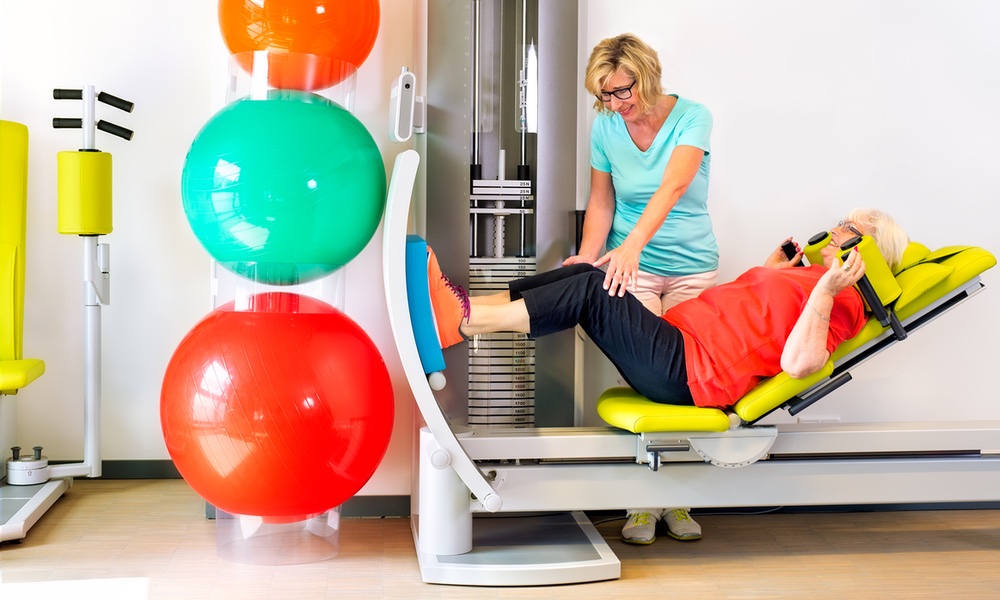People recovering from a stroke have a lot of work ahead of them. Their therapy often requires seemingly endless repetitions of movements to re-program their bodies to do what used to be automatic. Music and musical instruments can help ease the drudgery and monotony they face during stroke rehabilitation. In a trial at one hospital in the UK, patients, relatives and staff all gave the change their stamp of approval.
For two years, the stroke rehabilitation unit in a hospital in Cambridge, UK ran neurological music therapy (NMT) sessions alongside their conventional stroke therapy exercises. Music therapy uses keyboards, drums, percussion and iPads to improve muscular dexterity.
In NMT, tapping or beating on a drum or keyboard replaces similar exercises typically done on a board or table. Some mental retraining exercises are also altered, with patients now copying increasingly complex rhythms on keyboard, drum or iPad. These changes enable some patients whose stroke has caused them difficulty in speaking or comprehending speech to understand and take part without the need for verbal instruction.In neurological music therapy, tapping or beating on a drum or keyboard replaces similar exercises typically done on a board or table.
Over 175 patients were treated during the study. On a scale of one to four, with one signifying not helpful at all and four indicating very helpful, the 139 patients who completed the survey gave music therapy a rating of 3.34. Family and staff both gave scores of over 3.8.
This was a study designed to see whether it was practical to deliver music therapy to recovering stroke patients in the hospital and if patients would find the therapy acceptable. The answer was yes on both counts.
“Our study found that Neurologic Music Therapy was received enthusiastically by patients, their relatives, and staff,” said Alex Street, the study's lead author and a Senior Research Fellow in the Cambridge Institute for Music Therapy Research at Anglia Ruskin University.
“The fact 675 sessions were carried out in two years is in itself an indication of the success of the treatment. It shows that staff are referring patients because they understand the mechanisms of the exercises and can see how it can benefit their patients. It also shows that patients are willing to do the exercises, with each one participating in an average of five sessions.”
The Cambridge Institute and Adenbrooke Hospital, which performed the study, are currently working on a proposal to establish a permanent NMT post on the stroke ward. For more details, see the article, published in Topics in Stroke Rehabilitation.





